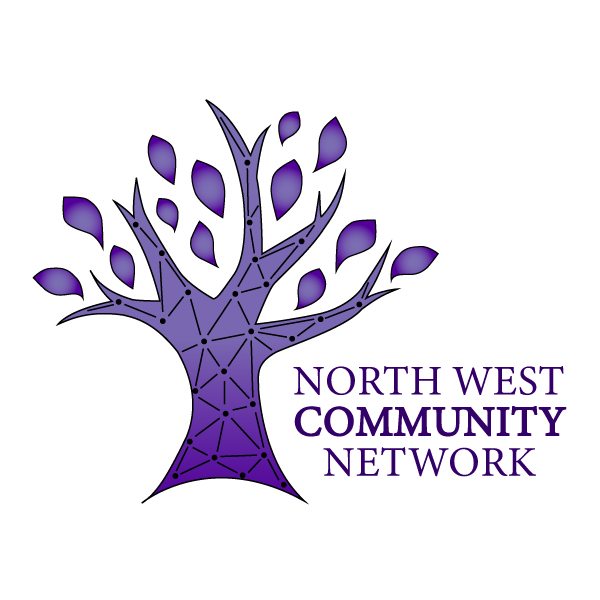
NWCN Response RE: Peace & Reconciliation Programme (PEACE) 2014-20 and EU Programme for Cross-Border Cooperation (INTERREG)
July 2014
North-West Community Network is a community development, membership-led organisation that provides support to the Community & Voluntary sector in the North- West by way of advocacy and representation at various levels, support in terms of dissemination of public policy information and interpretation and a focal point for the sector in the area.
North-West Community Network welcomes the opportunity to contribute to the consultation on the Peace & Reconciliation Programme (PEACE) 2014-20 and EU Programme for Cross-Border Cooperation (INTERREG). North-West Community Network has been involved in a range of discussions with its membership on this issue and opinions on this document have been strongly voiced. It is nonetheless very much in order to express appreciation for its eventual publication.
Key comments:
NWCN would like to acknowledge the successes and achievements of previous programmes yet feels strongly that PEACE III in particular focused much too closely – and obstructively – on bureaucratic processes and non-contributing administration. That this has been recognised as something to be stepped away from within PEACE IV is to be welcomed while retaining the view that it is a late in the day recognition that constrained some of the work/activity resourced through PEACE III.
Further to this, the “buying outcomes” approach must be welcomed, keeping the programmes in line with wider developments/trends at both funder and C&V sector level. What this needs to incorporate hwoever is recognition that impact measurement – and associated tools etc. – does not yet enjoy common understanding across all sectors and consideration needs to be given to addressing this uneven level of skills and knowledge.
The setting, measurement and review of outcomes is a process requiring skill and openness and of course trust-based relationship-building between authorities – in whatever environment – and those receiving investment.
At the same time, it is not totally clear what the nature of or processes around penalties might look like – this is something that, while appreciating the thinking behind them, needs much greater clarification to avoid situations where the possibility of penalties looms larger than either meaningful impact at community level or willingness to engage with the programmes.
The adoption of in-kind contributions represents an understanding of the need for flexible approaches to the amassing of resources from different areas and in different ways. It is to be hoped that this will flow smoothly as against becoming a barrier
SEUPB (PEACE) programmes have done much to resource and arguably sustain key elements within the Community & Voluntary sector, not least here in the North-West though the overall investment (as say compared to the Deparrtment for Social Development) in C&V sector activity does not place it in the top bracket of funders. This said, it is crucial that rationale be provided on the allocation of varying proportions under Specific Objectives 1-4 to Local Authority Schemes (ranging from 0 – 100%).
NWCN believes PEACE IV should prioritise building on the existing skills and expertise
across the voluntary youth sector to deliver effective peace-building initiatives with all communities especially those in greatest need of peace-building supports and interventions.
This should involve investing in and strengthening the wide array of partnerships that have been built up through previous programmes – there is no merit in going back to a blank page scenario.
NWCN welcomes the proposed themes for PEACE IV in particular Special Objective 4 – Civil Society but questions why 100% of the allocated budget is to be divested towards Local Authorities when our shared experience shows that the Community & voluntary sector has particular experience and expertise in this area.
NWCN proposes a strategic approach to nurturing creativity and innovation which is not necessarily about inventing new structures or seeking new entities – what is already there across the existing Community & Voluntary sector is well placed and enabled to achieve, in partnership with others within and outwith the C&V sector, all of the aspirations and objectives of the programmes.
NWCN suggests a totally accessible application process proportionate to the level of funding received – this should include a tailored Small Grants approach which has been shown to be extremely effective in making disproportionate and sometimes unplanned positive difference to the lives of many that these programmes would seek to target.
NWCN feels that the impact-based nature of the programmes – as well as developing shared understanding of how this is set, measured and reviewed – should provide a channel for qualitative data to be utilised alongside and, arguably, in front of traditional measurables.
NWCN wishes the development of these programmes every success and is willing to participate in any future engagement that will bring such success to fruition.